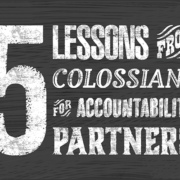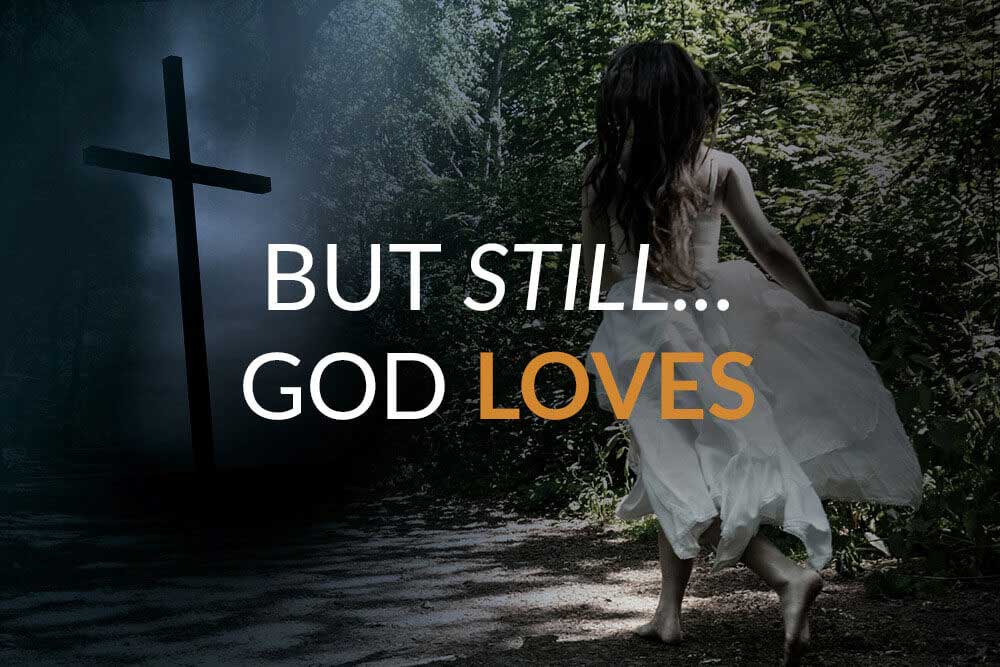
“When the LORD began to speak through Hosea, the LORD said to him, ‘Go, marry a promiscuous woman and have children with her, for like an adulterous wife this land is guilty of unfaithfulness to the LORD.’ So he married Gomer daughter of Diblaim…” (Hosea 1:2-3)
Hosea was God’s man.
God’s prophet. Set aside to do God’s work. And one of the things God had for Hosea to do was to marry Gomer.
God told Hosea to marry Gomer.
The thing is, Gomer was a prostitute. God had commanded Hosea to marry someone who had not been, and in all likelihood would never be, faithful.
Hosea was God’s object lesson.
Israel had rejected God and turned to idols the way Gomer rejected Hosea and turned to other men.
The result of the idolatry for the relationship between God and Israel was illustrated by the names of Gomer’s children:
- no faithfulness
- no love
- no relationship
With the object lesson of Hosea’s marriage, God said to Israel: “You want to know what your idolatry means? You want to know what it’s like? Idolatry is adultery. They’re the same. Your idolatry takes what’s mine and gives it away. You belonged to me. I married you. And you ran off with other gods. You threw away the relationship with me that I gave you. Israel, you have been unfaithful.”
And what did Israel deserve for their idolatry? What did Gomer deserve for her adultery?
By law, Hosea had the right to a quick divorce.
In today’s terms, he’d get the house, the car, and the kids. But Hosea had the right to more than that. He could have Gomer killed. Stoned to death. Brutally executed.
And God had similar rights over Israel.
God would have been totally justified in a quick divorce. A complete separation.
God could leave them to their gods of wood and stone and see how long they lasted. But more than that. God had the right to punish.
Idolatry is sin.
Sin deserves death.
Physical death, yes, but more than just that. Eternal death. Death in hell.
Instead, God tells Hosea to take back his adulterous wife.
Why? Why doesn’t God allow Hosea to treat Gomer the way she deserves?
Because God does not allow himself to treat Israel the way they deserve. No divorce. No execution. No separation. No eternal punishment.
The consequences of Israel’s sins were coming, but God was never going to abandon them. He would still remain faithful. He would still love. He would still call them his own. Despite what they deserved.
Is that not the perfect picture of mercy?
How did Hosea feel about being God’s picture?
Hosea was God’s man.
God’s prophet. Set aside to do God’s work. To marry Gomer and be betrayed and feel with his human heart something like what God feels about his people and about all people.
How did Hosea feel about being put through that?
How do you feel about it?
You are God’s person. Not a prophet, but you are set aside from the world by faith in Jesus to do God’s work. And every time you take a look at life through the eyes of faith you are putting yourself in a position to feel with your human heart something like what God feels.
The pain of knowing how people are separated from him by sin. The longing for all people to turn back to him. And the love that sent his Son to win them back. Faith forces you to see things the way God sees them. And it isn’t always pleasant. It is often heartbreaking.
Hosea was God’s man.
God’s prophet. Set aside to do God’s work. And to write it down.
Hosea ends his book with this very personal thought:
“Who is wise? Let them realize these things. Who is discerning? Let them understand. The ways of the LORD are right; the righteous walk in them but the rebellious stumble in them.” (Hosea 14:9)
Hosea knew that God is right. And he felt it.
By faith, he saw things from God’s perspective. Saw how right God is to detest what sin does to people. How right God is to treat us infinitely better than we deserve. And Hosea got to be right, the way God is, in his own treatment of Gomer. And I doubt that felt good. But it must have felt right.
But he didn’t need to, right?
I know God told him to and that’s why Hosea married Gomer, and then Gomer’s unfaithfulness to Hosea could be the object lesson for Israel’s unfaithfulness to the Lord. But Hosea didn’t need to marry Gomer to make that point. That point is made nearly everywhere else in the Old Testament.
Idolatry equals adultery.
By the time we get to Hosea, God has already said idolatry equals adultery several times. And for none of those other times did God require his prophet to marry an adulteress and suffer all the suffering that comes with being married to an unfaithful partner.
And Gomer didn’t have to suffer through the public shame of being an adulteress. A shame that has been public for thousands of years now. It didn’t have to be. It all seems so unnecessary. I’m sure it would have seemed especially unnecessary to Gomer.
I’m not going to pretend to know anything about the decisions that go into pursuing a life of prostitution. I doubt Gomer was happy about her profession. It seems safe to assume that she got the job out of necessity. Her career was about survival, not about professional growth.
That being said, she was surviving. There was enough shame in it that Gomer was probably left alone for the most part. And she was probably rather desensitized to all of it.
You’d have to be, wouldn’t you? You couldn’t possibly hold onto a very high opinion of God’s gifts of sex and marriage, could you? Not while getting paid for it.
So, what would Gomer have thought of God’s command to Hosea that he find a “promiscuous woman” to marry as an object lesson for the entire nation? Did she laugh jadedly at the idea of a prostitute marrying a prophet? Did she bristle at the idea of making her shame so public or was she desensitized to that, too? Was she open with Hosea about the fact that she had no intention of remaining faithful to him after their wedding? Was the whole thing a joke to her? Was any of it really necessary?
But she went along with it, and God was able to make his point in a striking way. And Hosea’s book of God’s words is in the Bible for us to read and learn from.
Because she did, and he did and she was… Because God made his point about idolatry and adultery for them and for us and for everyone in the whole world… Because Hosea married Gomer, Gomer was loved.
Not in a Hollywood, romantic, “Pretty Woman” kind of way. We don’t know that Hosea and Gomer ever “fell in love.” We know for a fact that Hosea was commanded to love Gomer. In spite of who she was. But still, she was loved. Not for money. But for God. To show God’s love.
But still, she was loved. Not for money. But for God. To show God’s love.
Was it necessary? Was that the only way for God to show his love to his people? By commanding Hosea to love Gomer? I mean, God did it that way so we can assume it was necessary. And how else was Gomer ever going to be loved? How else was she ever going to understand how much God loved her, unless by seeing Hosea love her? And forgive her. Without any reason to other than that God told him to.
Because that’s how God loves. Hosea is an example to us of how God sees our sin. It’s prostitution. It’s adultery. It’s shameful and hurtful and so offensive that it’s nauseating. And still, Gomer is an example to us and to herself of how God still loves us. And that’s why our sin offends him. Because he loves us. And so he loves us far more than we deserve and entirely in spite of who we are. He loves us so much that, jaded and desensitized as we may be, he finds a way to get the message of his love through to us. Usually, through the people whom he has put in our lives to be little examples of his love.
Was it necessary? I don’t know about you, but object lessons always seem pretty superfluous. Except when I consider that every human life is an object lesson to every other. That’s the beauty of how God made us. As social creatures, we learn best when we learn from each other.
And what do we learn when we consider to what lengths God went to show us his love in the lives of all the people he mentions in his book?
What do we learn from Gomer?
We learn the most important, most striking, most necessary lesson of them all.
We learn of God’s grace.
We learn of Jesus.
Brad Snyder is a pastor and instructor at St. Croix Lutheran Academy in West St. Paul, MN and serves as the chairman for Conquerors through Christ.
Have you felt betrayed by a significant other addicted to porn?
View our resources for recovering from the wreckage porn has taken on your relationship →


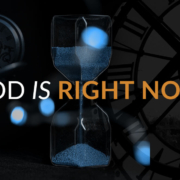
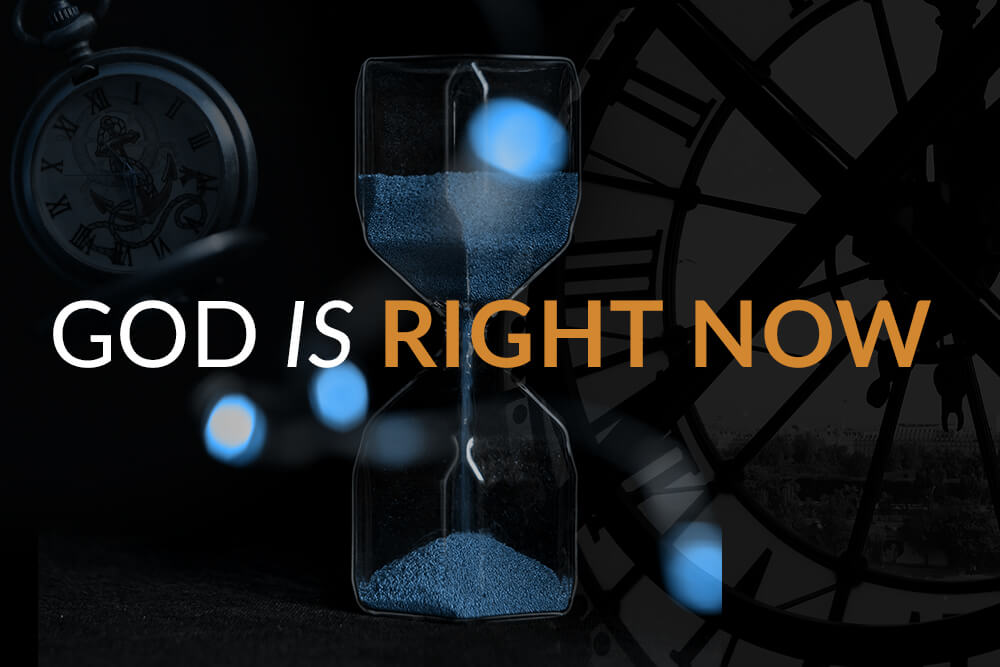

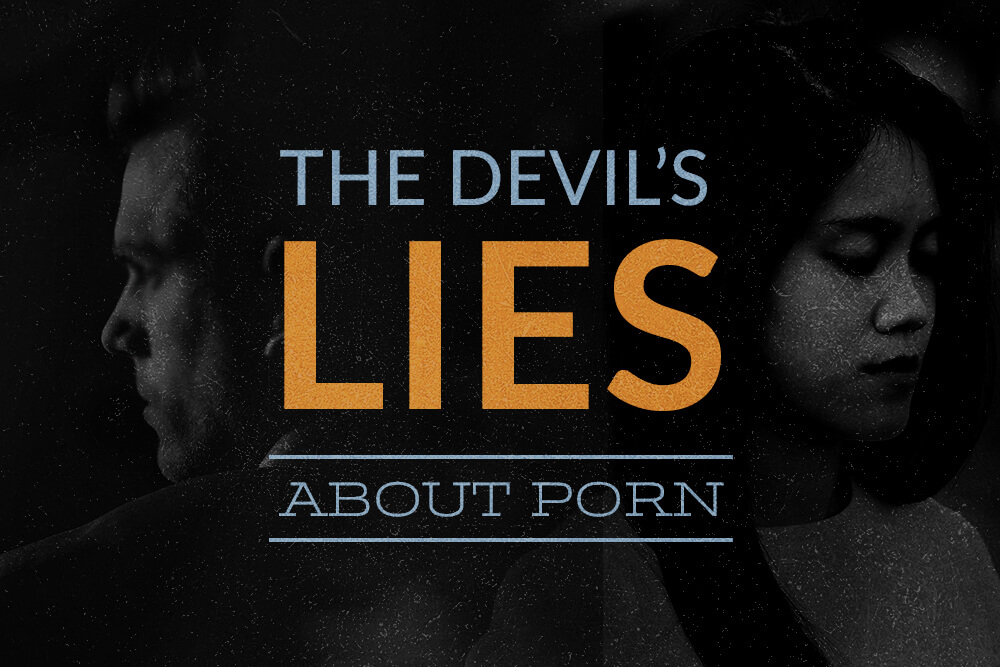





 Six years ago, I was reading a book titled
Six years ago, I was reading a book titled 



